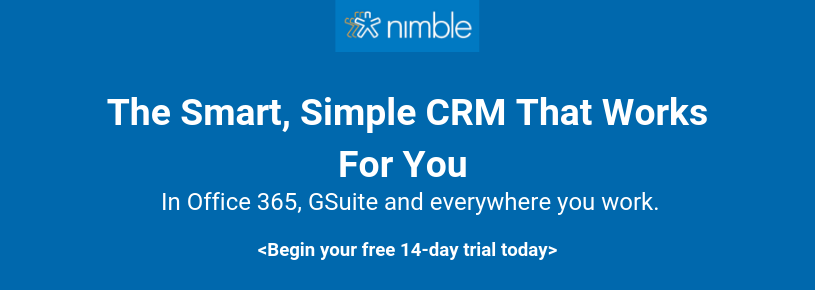Congratulations! Starting a small business takes a lot of courage. There’ll be a lot of challenges and sleepless nights ahead, but once it takes flight, we promise you it will all be worth it. Of all these issues that you might encounter, though, we’ve noticed that the main hurdle that small business owners struggle with, especially when they’re only starting out is handling their finances.
Don’t worry. We understand how challenging it could be. We’ve been there as well. That’s why we are going to share with you our tried-and-tested tips to help you through that rough patch as well. Excited? Then let’s get started.
Stay on Top of Everything
So you want to take control of your business finances? That’s great. The problem is, where should you begin? We recommend knowing where you are first. Grab a notebook and list down all your financial details. How much was your capital? What were your expenses so far?
Have you earned anything already? Include all the receipts, accounts, and transaction details. Doing so will collect all the necessary details in one place and give you insight into your current financial status.
Schedule Those Deadlines
While you’re currently making a detailed overview of your financial situation, don’t forget to take note of all your due dates as well. Do you have business loan payments due soon? How about utility bills? It will help to have a separate calendar for all your business-related due dates so their details won’t get buried under other obligations.
Separate Accounts
Another thing that you should do immediately is to separate all your accounts. Don’t allow your business money to get mixed in with your personal budget. Not only will this create unexplained losses, but you will also give yourself a lot of tax-related headaches in the future. If you really need the money for a personal emergency, then you can consider applying for a cash advance instead of touching your business money.
Get Help
Speaking of tax-related headaches, you might want to consider hiring an accountant to take care of your finances for you. We know how independent small business owners can be and we want to take control of everything. However, if you’re really not that confident on how to handle your own accounting, then we’re not seeing any reason why you should not consider outsourcing it to an actual accountant.
Sure, it might cost you a bit to pay him but you’ll actually be saving a lot of money in the long run by filing your taxes accurately and being spared from the time and effort to do everything on your own.
Set a Budget
Anyway, once you have all your finances sorted out, you can now start on setting a budget. This will save you from unplanned expenses, teach you how to run your business within your financial means, and even set aside some savings to expand your business later on. We cannot reiterate enough how important budgeting is, not just in handling your business finances, but your personal finances as well.
Track Your Money
Here’s another aspect where budgeting can help. It can assist you in tracking the money that’s coming in and out. Most business owners only track their expenses. Let’s face it, though. That can get pretty tiring and worse, it can lead to burnout. Tracking your income can help balance that out by providing that dose of fulfillment that every business owner needs.

Keep in mind, though, that your spending must never get higher than your income. If it is, then you should definitely deal with it as soon as possible.
There are two ways to do so:
- Find a way to cut down on current expenses.
- Or perform actionable steps to increase your income.
Organize Your Inventory
Here’s a tip that comes from our personal experience: we usually experience higher unexplained losses whenever our inventory is out of order. We tend to order excessive products that can collect dust on our shelves for months, while also managing to run out of items that are actually in demand. It’s a battle, true, but it would’ve been avoided if we had managed our inventory wisely in the first place.
Remain Frugal
Let’s face it, starting a new business can be quite expensive, but there are actually some steps you can do to minimize your expenses as much as possible.
Here are some ideas:
Limit Your Travel
Explore business opportunities near you. There will come a time that you will eventually expand your market to nearby states and countries, but not right now.
Explore Your Current Network
Conference fees can be quite expensive and you don’t always meet who you want to meet. Hence, we recommend digging through your current network instead, or better yet, try to expand your network through other means like online or local seminars.
Take Inventory of Available Resources
Is there gear that you can rent or borrow instead of buying brand new? What are the skills that you can learn yourself instead of outsourcing that small project to a freelancer?
Yes, There is Such a Thing as Unnecessary Expenses
Stay away from them. You don’t really need gilded business cards, or various marketing materials especially when there’s no money coming in yet. They can wait.
Anyway, aside from the ideas that we have shared with you above, we’re sure that there are other steps that you can also take in order to limit your expenses to just the bare minimum.
Build an Emergency Fund
Finally, we recommend building an emergency fund for your business. This would serve as padding in case unexpected expenses (or opportunities) come along. In this way, you won’t be forced to spend your capital.
Conclusion
So how much money should be in your cash reserve? Honestly, the bigger the better but you can start with an amount that can save your business should it go bankrupt overnight. If there’s one tip that we want you to learn from our article, it’s this: a smart business owner always has a plan B. We wish you all the best!


